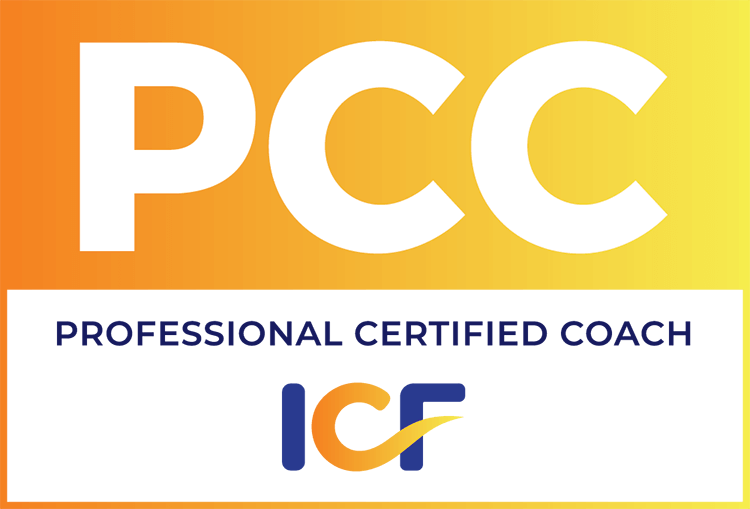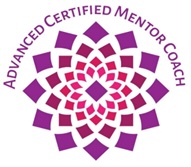 This is the third article in the Write Foundations series which I am co-blogging about with my friend, Janice Ernest, author of the Brocksport USA books. We are each sharing our own take on subjects that are really important for writers to consider, yet are often overlooked in favor of sexier topics like story structure, character development or how to sell more books. You need to build a house on a solid foundation, or you are asking for trouble. The same is true for any creative venture. Be sure to check out the previous articles in this series here and on Janice’s blog.
This is the third article in the Write Foundations series which I am co-blogging about with my friend, Janice Ernest, author of the Brocksport USA books. We are each sharing our own take on subjects that are really important for writers to consider, yet are often overlooked in favor of sexier topics like story structure, character development or how to sell more books. You need to build a house on a solid foundation, or you are asking for trouble. The same is true for any creative venture. Be sure to check out the previous articles in this series here and on Janice’s blog.
Over the years, I have talked with many clients and fellow coaches about goals and things that get in our way as we work to accomplish them. Of course, we all have our unique challenges, but it might surprise you to know just how much we have in common. Last week, I talked about important elements of goal setting. Today, I thought I would mention a few of the stumbling blocks that are common when it comes to goal getting for writers. If we are not diligent, these are things that can gradually whittle away at our determination, sap our enthusiasm and rob us of the joy of reaching our creative goals.
1. Not having a compelling vision
Do you remember last week when I mentioned how important it is to have a big vision if you want to BE SMARTER when setting goals? I have seen over and over with clients and in my own life how easy it is to skip this step. I cannot emphasize enough how important your big vision is to your ultimate success. You can set and achieve goals all day long, and that will definitely result in you making progress, but the question is…progress towards what? Achieving a goal will never bring you the fulfillment you desire if it doesn’t bring you closer to your ultimate vision or purpose.
When you are determining your vision, don’t just think about your writing; Look at the big picture. Think about your work, your recreation, your finances, your spiritual life, your relationships with family and friends, your community involvement, your hobbies, etc. What do you want your life to look like? The more detailed and vivid your vision is, the better. It may not come to you all in one piece. Instead, you may develop it in snippets over time, but the key is to focus some of your energy on creating this compelling vision for yourself so it is clear in your mind and heart. Journal about it, paint a picture of it, write a song about it, create a vision board to represent it…whatever makes it come to life for you.
2. Nearsightedness and short-term thinking
Even when we have a big vision, we all naturally tend to be pretty myopic when it comes to goal setting and getting. What lies out there somewhere in the distance seems so much less important than all the urgent matters that are vying for our time and attention right this minute. So, we tend to set goals based on how to handle our short-term needs without giving much thought to the consequences of achieving those goals. If we do this too often without checking to make sure we are still on a path that leads to our big vision, we can wind up accumulating many accolades and achievements while getting further and further away from where we actually want to be.
When we keep our big vision in focus, we can better determine what things are truly important and deserving of our attention. Instead of running around crazily trying to take care of every little thing that crosses our path, we can make more purposeful and powerful choices about how to spend our limited time and energy.
3. Confusing goals with projects and tasks
It is incredibly easy to get goals confused with projects and tasks. This is how we can stay so darn busy and yet never seem to get anywhere. I recently read an article by Michael Hyatt where he did a great job explaining this common problem. I highly recommend you check out his article.
Michael explains that goals should be out of your comfort zone, exciting and transformational, while projects are more about maintenance. Completing projects may get you closer to accomplishing a goal, but the project itself is not the goal.
Likewise, tasks are all the little action steps you need to take in order to accomplish a project or a goal. We all tend to get so focused on the tasks that we lose sight of the project or goal. This is when we lose our motivation and excitement. Tasks are all about activity while goals are all about results. If we get caught up in the activity, we are in danger of losing sight of the ultimate result.
Does any of this sound familiar to you? What steps have you taken to overcome these challenges in your life? Please feel free to share your own experiences or ask questions anytime.



